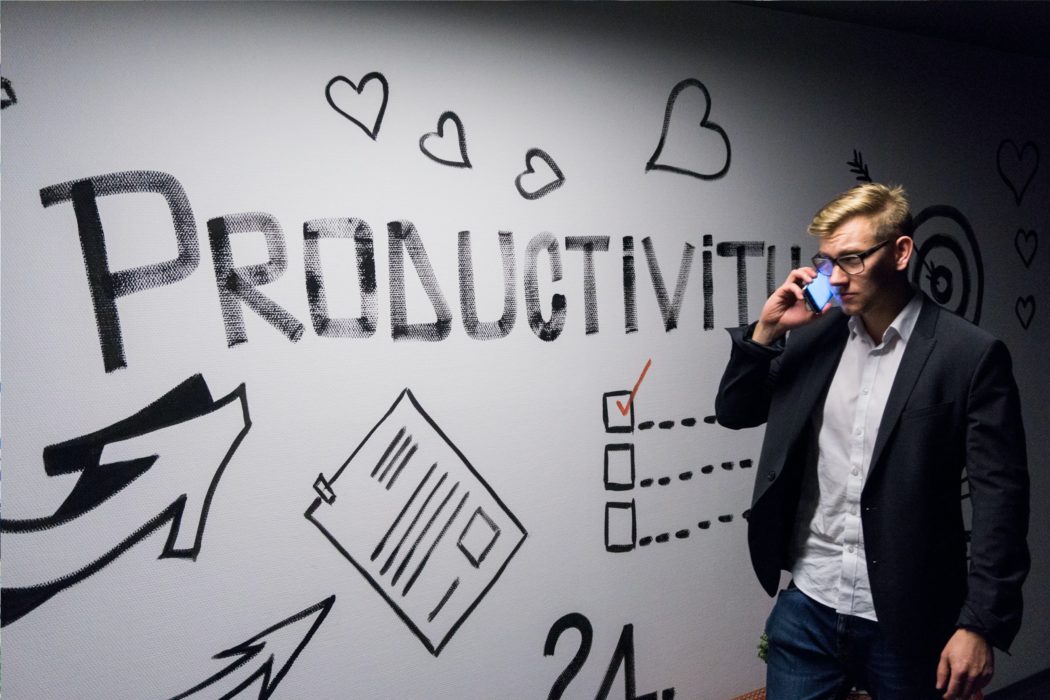
By Mary E. Corrado, courtesy of SBAM Approved Partner ASE
Since the pandemic began and employees began working from home, many organizations have seen an uptick in productivity. This has largely been viewed as a positive outcome, but it isn’t always. Several studies now show that this newfound productivity can be considered toxic.
When the pandemic began, employees began working on weekends at a 42% higher rate, which can impact mental health, relationships, and even their family. Employees feeling pressure to check email during nonwork hours can be detrimental to the health and well-being of not only employees but their family members as well.
William Becker, a Virginia Tech associate professor of management in the Pamplin College of Business, co-authored a new study, “Killing me softly: electronic communications monitoring and employee and significant-other well-being,” showing that such expectations result in anxiety, which adversely affects the health of employees and their families.
What I found most thought-provoking in the Virginia Tech study was this quote from Mr. Becker, “Our research exposes the reality: ‘flexible work boundaries’ often turn into ‘work without boundaries,’ compromising an employee’s and their family’s health and well-being.”
Out of all of this, a new term has been coined – toxic productivity. Toxic productivity is a mentality that your current level of productivity is never enough.
Hive.com recently posted some tips for avoiding toxic productivity in your organization:
- Shed the guilt. Remind yourself and your employees to not have unreasonable expectations for themselves or others. It’s important to keep workloads manageable.
- Create a culture of helpfulness. Don’t be afraid to ask for help when you need it. Maybe someone else’s workload is light at the moment, and they could help you with some tasks that are weighing you down. This can help you avoid working too many hours and on the weekends. Encourage employees to help each other when needed.
- Practice mindfulness at work and home. It’s important to be mindful about your work and ensure that the tasks you’ve outlined for yourself make sense and are an efficient use of your time. Practicing mindfulness has been shown to be effective in reducing anxiety. Mindfulness may help employees “be present” in family interactions, which could help reduce conflict and improve relationship satisfaction. In my January 5th blog I wrote about how mindfulness is a key skill to have in 2022. It includes many great resources for achieving mindfulness.
- Take time off. 79% of respondents in a Korn Ferry study noted that they intended to use more vacation days, but never did. An additional 82% said that even if they did take a break, they wouldn’t be unplugging completely, and a fifth of vacationers still check in with work multiple times a day. Take time off to unwind and encourage your employees to do the same.